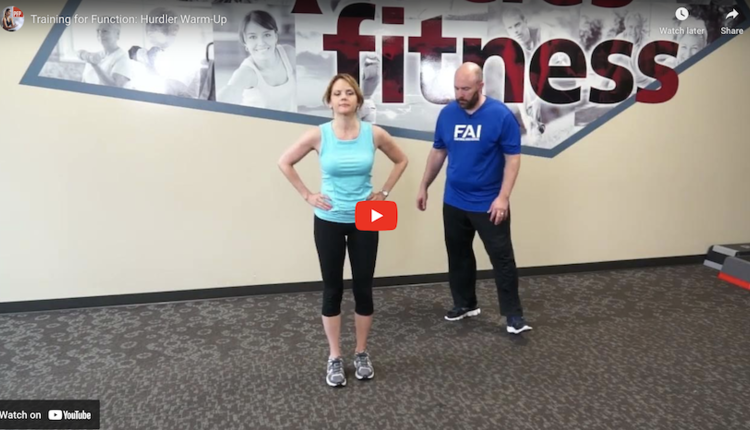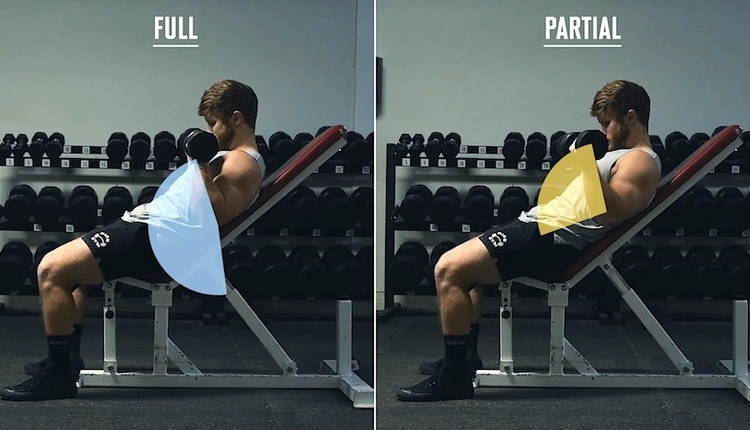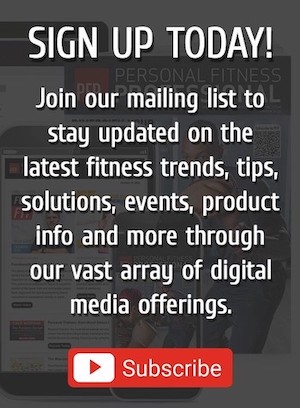If following a set of instructions was all people needed to get fit, we'd all be in our living rooms watching leotard-clad instructors on television. After all, toning up this way is cheap and convenient, and you can always grab an iced drink from the kitchen between sets.
But we humans are a mite more complex than that. Getting in the way of that perfect scenario are all those creative obstacles we think up. We procrastinate, fall prey to limiting beliefs and break our promises.
So when a client finally pulls it together and hires a trainer, it takes more than barking out
instructions to help them succeed. Fitness trainers who use life coaching skills add that extra ingredient to help melt resistance people have to staying on track with their programs and reaching their goals.
Listen Actively
What people crave is the opposite of more input; they want to be heard. Really heard. If you're always trying to impress clients by being the "expert," you're simply churning out more information and missing an opportunity to offer them what they really need.
Start by quieting the chatter in your own head so you can more clearly hear what they're trying to express. Reflect back what they say in different words so they know they've been heard. And listen without judgment. When you judge, people close down. An unbiased atmosphere offers them a safe space to explore new areas, which may be just the thing to get them past a mental block and into untapped possibilities.
Good listening is actively trying to understand what your client is saying and feeling at a deep level. Although they may be talking about how they spend a lot of time driving their children to activities, if you're really listening, you may detect a frustration that they don't keep up with their own fitness needs enough because they're depleted from always doing for others. Helping them discover what can refuel them may increase their energy, both at home and in the gym. Don't make any assumption or lead the client towards this conclusion. Just listen, ask further questions, and let their inner guidance take over.
Another powerful way of listening is coming from your heart, not your head. A client may tell you that their mother died at the same age they are now, and they fear that without getting fit, they may suffer the same end. Listening with your heart heals and transforms the situation.
Ask Powerful Questions
Powerful questions flow directly from powerful listening. Remember that you're not the source of information dispensing questions that you already know the answers to. Instead, encourage them to tap into their own wisdom to find the answers.
For instance, you notice that your client has hit a plateau. Don't assume anything, including that they want to go beyond their plateau. For all you know, this "resting" feels right for them. You could start with something like, "Are you feeling on track with where you want to be right now?" If they say yes, the conversation will go one way. Perhaps they will respond that they're frustrated with lack of movement, but they've lost interest in pushing further.
Here, a good coach doesn't grill or judge. Lightly ask a question that will evoke discovery or insight. Keep the question in the present moment. Perhaps you will explore with them what they mean by "pushing further." Or you could ask them to simply tell you more about it, at which point you may glean some information to ask further questions.
Again, the important thing is to stay in the dance with your client and let them take the lead. With each step they make, you follow.
Use their Language
The language someone uses says a lot about them. How well you can tune into it is another way for you to increase intimacy and effectiveness with your client. For instance, if a client comes in and says they want to "ease" into a program and "savor" the process and feel "joyful in this exercise journey," it won't help your partnership by responding that exercise is "hard work," but the "tough get tougher" and she's a real "soldier type" so you know she'll "make it to the top."
You obviously don't want to mimic them like a parrot. Stay authentic to who you are, and try to reach out to them by using language that you're both comfortable with.
To go even further, you can tune into how slowly or quickly they talk, their mood, the tone of voice, etc. If you can tell someone is dragging one day, speaking and moving slowly, being 'Mr. Chipper' is likely to annoy them. Slow down just a tad, and try to connect there before moving to a faster pace.
Celebrate Often
Celebrating re-energizes your client, motivates them to move toward even bigger goals and reduces stress along the way. While they may have wanted to lose five percent body fat, you can still celebrate that they lost three percent. Or if they didn't lose any, you can celebrate that they're still showing up and trying.
By consistently encouraging them to find their successes, they move from a self-punishing space to a positive one. Finding what they're doing right is like working a muscle in self-affirmation. This energizes them enough to go further, leading to even more wins for them and for you.
Hold the Vision
It may seem obvious when a client comes in that they want to get in better shape. You could leave it at that, get a few details about problem areas, and take off.
But what would happen if instead of a quick snapshot of their goal, they created a vision so compelling, it was almost irresistible? To get there, ask them what they really want from their workouts (and their life). What motivates them? What is their vision of themselves in one month? In one year? What does it look like, feel like, taste like?
Strengthen it by making sure it's aligned with their values. A full-time mother with five young children may desire to travel the world and compete in bodybuilding events, but that may not align with her values at this stage of life (or it may). The more specific and detailed their vision, the more likely they are to achieve it.
One of the most powerful things you can do for your client is not only to help them get in touch with their highest and best vision but really hold the belief that they can do it. When they get lost, you remind them of their vision, hold them accountable to it and remind them how important it is to them.
When you are not just their trainer but the person who believes in their greatest possibilities and is motivated to help them achieve all that and more, you will have created a powerful partnership where the success flows both ways — and that's something they'll never find on television.
Carolyn Scarborough is a trained life coach who supports and motivates professionals to reach their goals. She is the author of Backyard Pearls (www.backyardpearls.com), a book about cultivating wisdom, joy and balance in the midst of everyday life.












